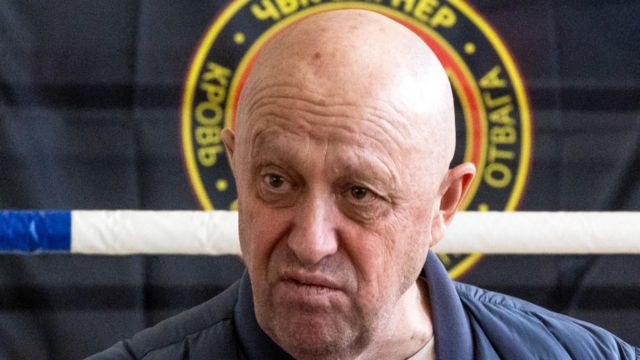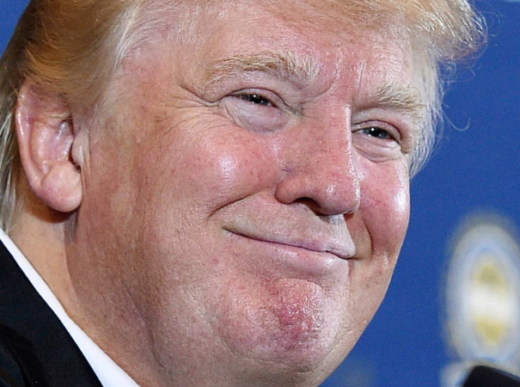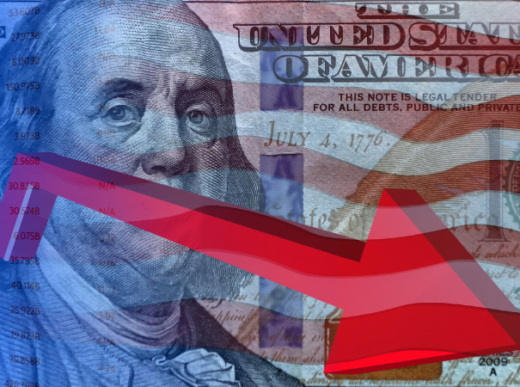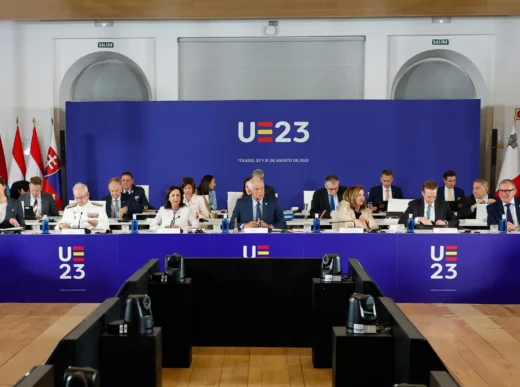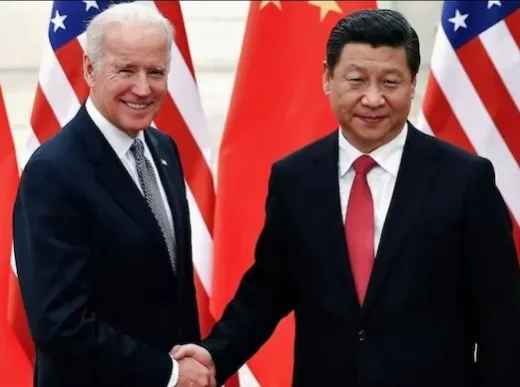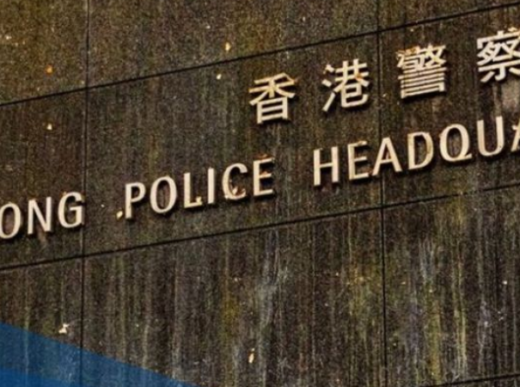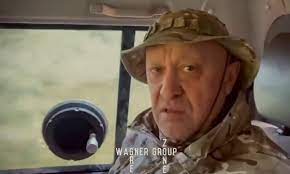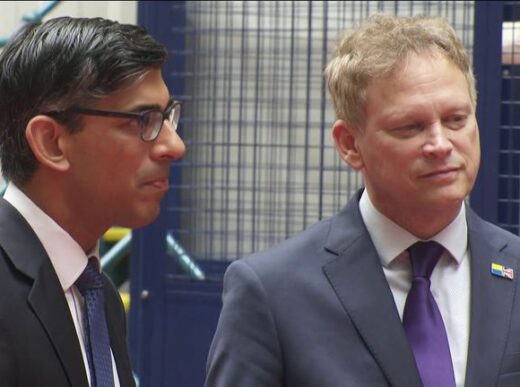Yevgeny Prigozhin, the enigmatic head of the notorious Russian military contractor Wagner Group, has reportedly met a tragic end in a plane crash. The Wagner Group, a significant player in Russia’s invasion of Ukraine, gained infamy for its involvement in various conflicts worldwide. Prigozhin’s journey from an ally of Russian President Vladimir Putin to an influential figure in the shadowy world of private military contracting is a story marked by twists and turns.
The Wagner Group and Prigozhin’s Ties to Putin
Amid the tumultuous backdrop of Russia’s annexation of Crimea in 2014, Prigozhin, a close associate of Putin, co-founded the Wagner Group alongside Russian military commander Dmitriy Utkin. The origin of the group’s name, either inspired by Richard Wagner or Utkin’s nickname, remains a topic of speculation. Prigozhin’s introduction to Putin took place during his days as a restaurant owner, earning him the moniker “Putin’s chef” in Western media.
However, in early 2023, the United States labeled Wagner as a ‘significant transnational criminal organization’ and imposed sanctions due to its activities in Ukraine, connections to human rights violations in the Central African Republic and Mali, and reported operations in Syria and Africa.
Prigozhin’s Uprising Against Putin: A Dramatic Episode
In a surprising turn of events, Prigozhin orchestrated an uprising that shook Russia. On June 24, his forces claimed control over Rostov-on-Don, a key city in southern Russia responsible for overseeing Ukraine-related operations. This audacious move was swiftly met with a stern response from Putin, who condemned Prigozhin’s actions as a betrayal.
As Prigozhin’s Wagner soldiers advanced towards Moscow with minimal resistance, a sudden reversal occurred. Prigozhin halted the rebellion, citing his desire to avert bloodshed among fellow Russians. This abrupt change of heart followed an apparent agreement between Putin and Prigozhin. The Kremlin announced Prigozhin’s relocation to Belarus and granted him immunity from repercussions. Prigozhin maintained that his intent was never to stage a coup against Putin, but to seek “justice” for his Wagner soldiers.
Post-Uprising: Disappearance and Continued Influence
After the failed uprising, Prigozhin largely withdrew from the public eye. Nevertheless, indications emerged that he resumed his activities. The Wagner Group was eventually integrated into the Russian Ministry of Defence, although speculation abounds regarding Prigozhin’s continued involvement, especially in Africa where the group exercises considerable sway over nations like Mali.
Conclusion: A Complex Figure’s Legacy
The reported demise of Yevgeny Prigozhin in a plane crash marks the end of a chapter in his complex journey from a culinary entrepreneur to a prominent figure in the world of private military contracting. His ties to Putin, his audacious rebellion, and his shadowy influence on conflicts across the globe underscore the enigmatic nature of Prigozhin’s role in shaping contemporary geopolitics. As questions linger about the circumstances surrounding his death, the impact of his legacy endures in the intricate web of international power dynamics.
